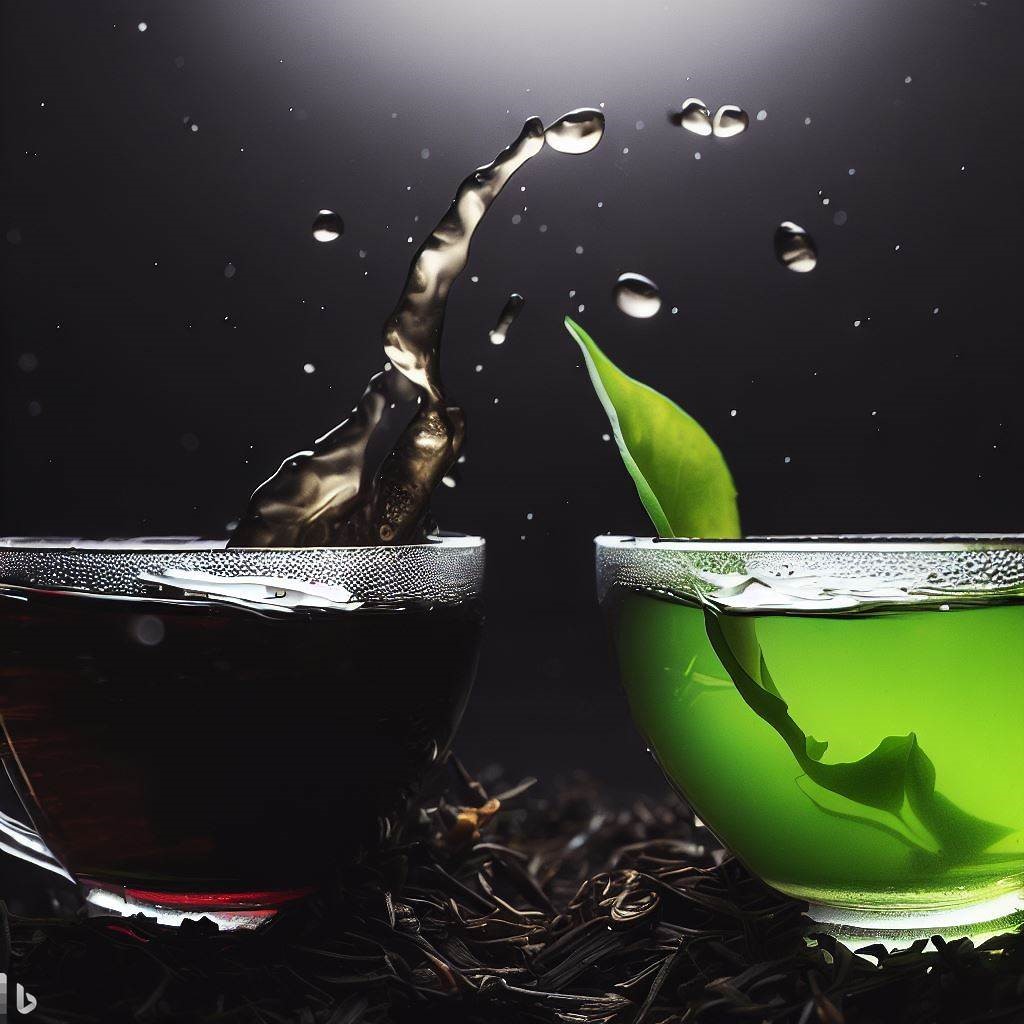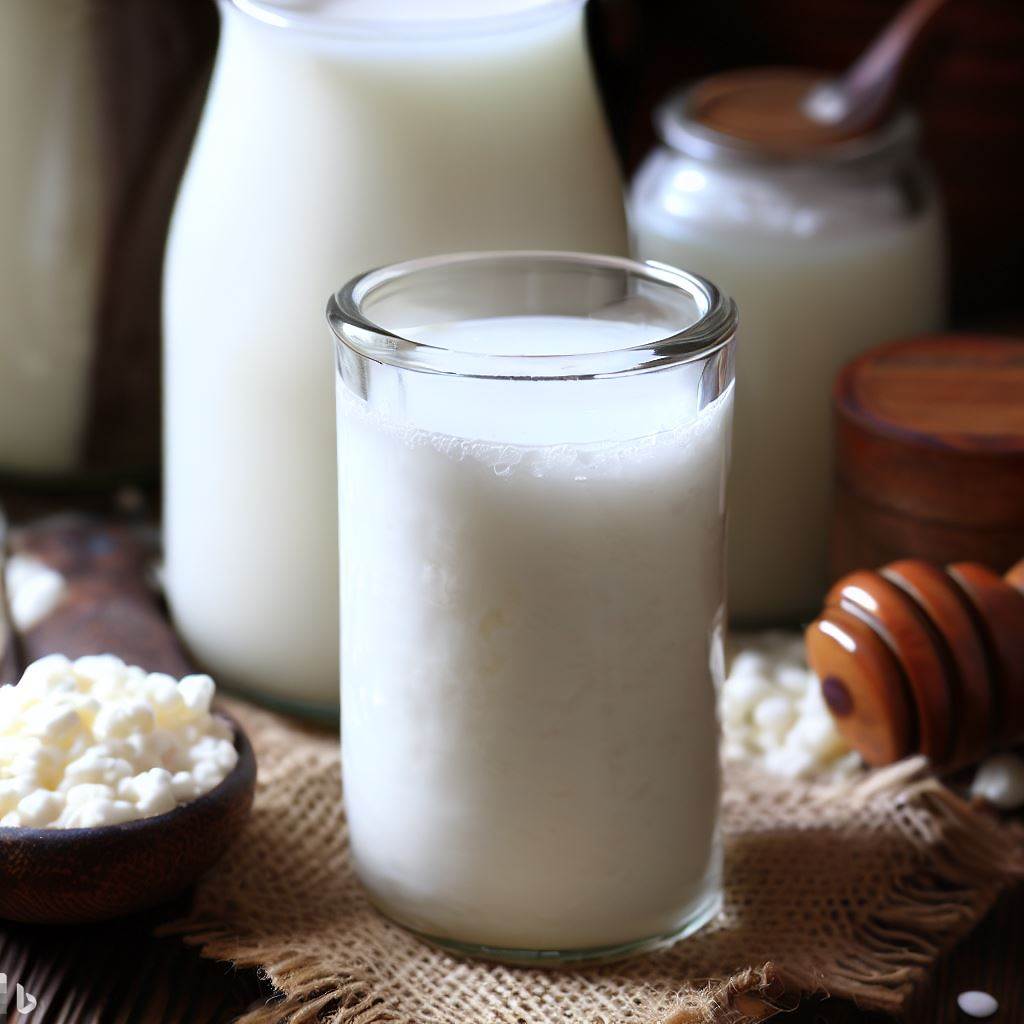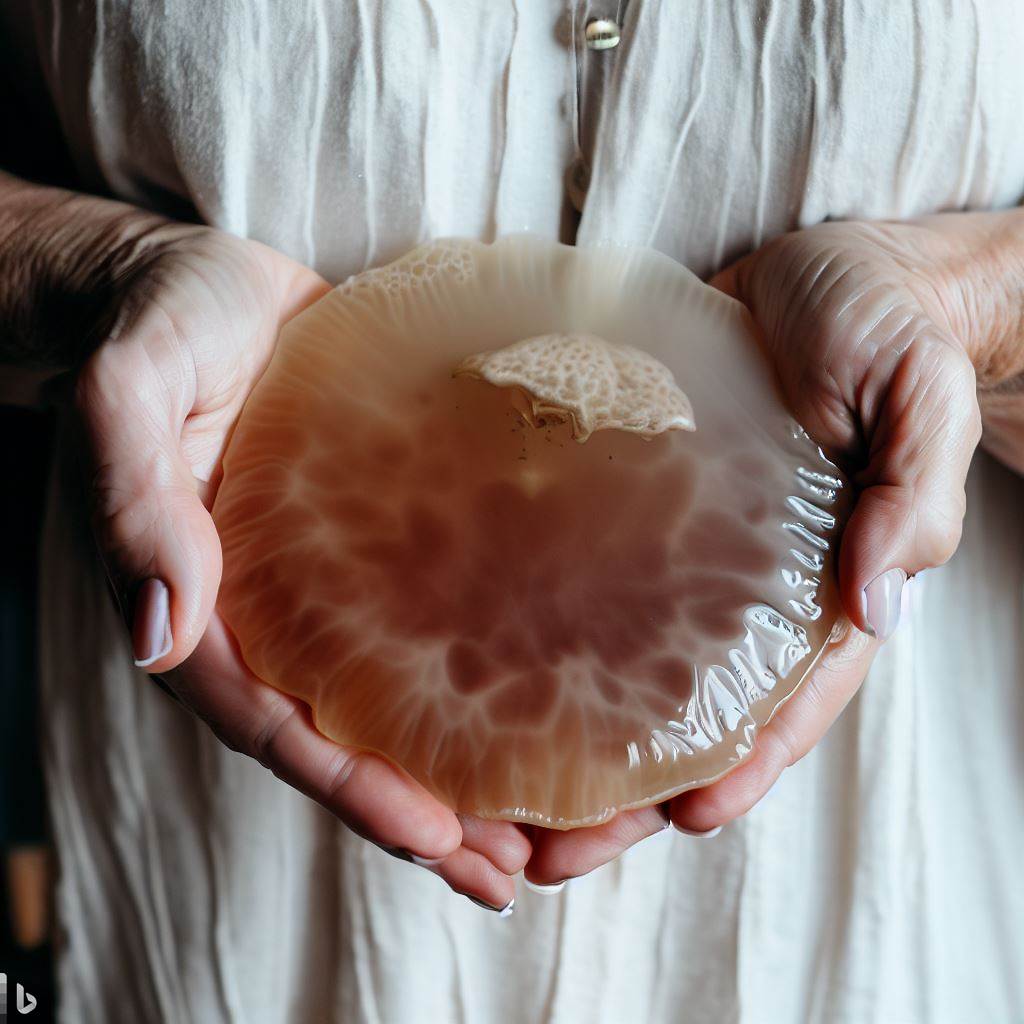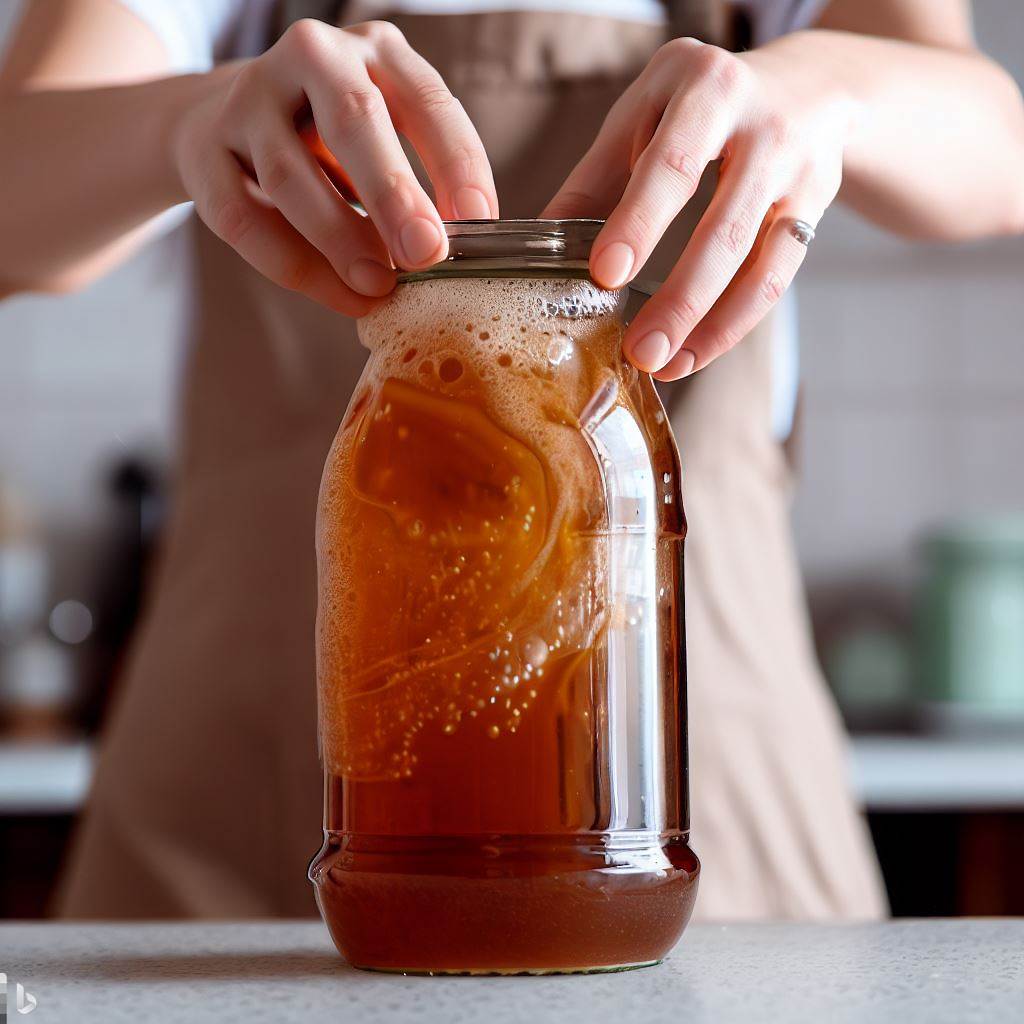Are you curious about the world of kombucha brewing? If so, this article is for you! In this LinkedIn post, we’ll provide a beginner’s glossary of key terms related to kombucha brewing. Whether you’re new to the industry or simply interested in learning more, this glossary will help you navigate the fascinating world of kombucha with ease.
Understanding Kombucha Brewing: A Beginner’s Glossary and Common Terms

Kombucha brewing has gained popularity in recent years, thanks to its numerous health benefits and unique taste. However, diving into this world can be overwhelming, especially if you’re not familiar with the terminology commonly used in the kombucha community. That’s where this glossary comes in handy.
Kombucha Glossary
- Kombucha: A fermented tea beverage made by combining sweetened tea with a symbiotic culture of bacteria and yeast (SCOBY). What is Kombucha?
- SCOBY: An acronym for “Symbiotic Culture of Bacteria and Yeast,” the SCOBY is the living culture responsible for fermenting kombucha.
- Fermentation: The process by which the SCOBY consumes the sugar in the tea, producing beneficial acids and trace amounts of alcohol.
- Tea Base: The liquid made by steeping tea leaves in hot water, which serves as the foundation for brewing kombucha.
- Sweet Tea: A tea base that has been sweetened with sugar before the fermentation process begins.
- Starter Liquid, Starter Tea, Starter Cultures: Previously fermented kombucha used to acidify the new batch and provide the necessary bacteria and yeast for fermentation.
More Terms
- Brew Cycle: The duration of time required for the SCOBY to ferment the sweet tea into kombucha, typically ranging from 7 to 14 days.
- Carbonation/Fizz: The process of introducing and trapping carbon dioxide in the kombucha, resulting in a fizzy texture.
- Second Fermentation: A secondary fermentation process where kombucha is bottled and left to carbonate for an additional period, often with added flavors.
- pH Level: A measurement of acidity or alkalinity. Kombucha typically has a pH level between 2.5 and 3.5.
- Sediment: Solid particles that settle at the bottom of the kombucha bottle during fermentation and storage.
- Pellicle: The thick layer that forms on the surface of the kombucha during fermentation, composed of bacteria and yeast.
Keep Reading!
- Strain: To separate the liquid kombucha from the SCOBY and any sediment or flavorings before bottling.
- Flavoring: The addition of fruits, herbs, or spices to the kombucha during or after fermentation to enhance its taste.
- Fizz Test: A method of determining the carbonation level in kombucha by observing the bubbles formed when pouring or opening the bottle.
- Refrigeration: Storing kombucha in a cool environment, typically a refrigerator, to slow down fermentation and maintain freshness.
- Pasteurization: A process of heating kombucha to kill bacteria and yeast, extending its shelf life but potentially affecting the probiotic content. We do not do this in Homebrew generally speaking.
- Probiotics: Beneficial live bacteria and yeast found in kombucha that support gut health and digestion.
And More…

- Home Brewing: The process of making kombucha at home using a starter kit or DIY methods.
- Commercial Kombucha: Kombucha produced on a larger scale and made available for purchase in stores or online.
- Batch Brew: Think of it as a symphony in a bottle where your kombucha completes its fermentative dance in one go, ready to harvest.
- Burping: A safety measure, akin to opening a steam valve, where you ease the lid off your bottle during the second fermentation, staving off unwelcome kombucha explosions.
- Continuous Brew: Consider it the eternal circle of kombucha life, a continuous cycle of tea harvesting and sweet tea replacement. Discover more about the continuous brew here.
- Decant: In simpler terms, moving your finished first fermentation kombucha to their new bottle homes.
Glossary Continued
- Distilled White Vinegar: This acidic warrior is your ally in keeping your kombucha supplies spick-and-span.
- Jun: A cousin of kombucha, brewed using green tea and raw honey.
- Kahm Yeast: An uninvited yeast guest that can show up in your kombucha, visible as a white filmy layer. Though undesirable, its presence doesn’t necessitate a complete batch discard unless accompanied by mold.
- Kombucha Mother/Mushroom: Just fancy aliases for the kombucha SCOBY, which kickstarts the fermentation process.
- Antioxidants: a substance that inhibits oxidation, especially one used to counteract the deterioration of stored food products.
- Kombucha Vinegar: When your kombucha overstays its fermentation period, voila! You get this more acidic and tangy variant, useable in various ways like any other vinegar.
- Ooglies: A playful name for the brown yeast strands you might spot at the bottom of your SCOBY. These natural fermentative by-products should be removed once your SCOBY gets bulkier, ensuring a balance between bacteria and yeast.
- SCOBY Hotel: The vacation home for your idle SCOBYs, essentially a jar filled with kombucha where your SCOBY can rest. They can be safely stored for a few months, but remember to check in for any maintenance needs.
- Vinegar Eels – These microscopic nematodes might infiltrate your kombucha if you’ve used raw vinegar for cleaning. Although harmless, they can harm your kombucha in the long haul and are best avoided.
- F1, F2, or F3 – These terms simply refer to the first, second, and third fermentation stages of your kombucha. Each stage brings something new to the brew, such as flavor and carbonation.
Final Thoughts
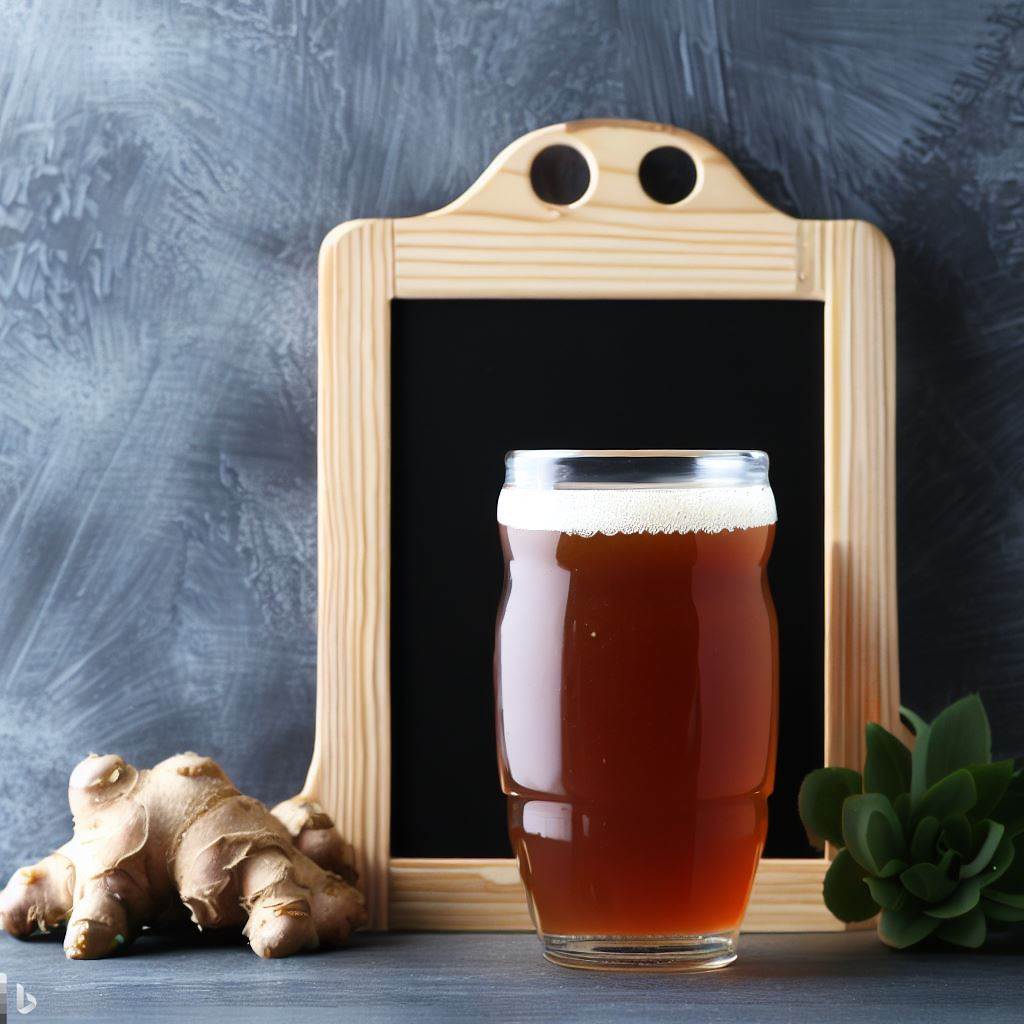
At Greek Mountain Kombucha, we understand the importance of transparency and accessibility in the kombucha brewing industry. By providing this glossary and empowering individuals with knowledge, we aim to make the market more transparent and friendly to newcomers. Whether you’re a home brewer or simply an enthusiast, we’re here to support you on your kombucha journey. Cheers to a healthier and more flavorful future!
Remember, if you have any further questions or want to dive deeper into the world of kombucha brewing, feel free to reach out to us.
Thanks for reading our Greek Mountain Kombucha Glossary. Read more articles!


